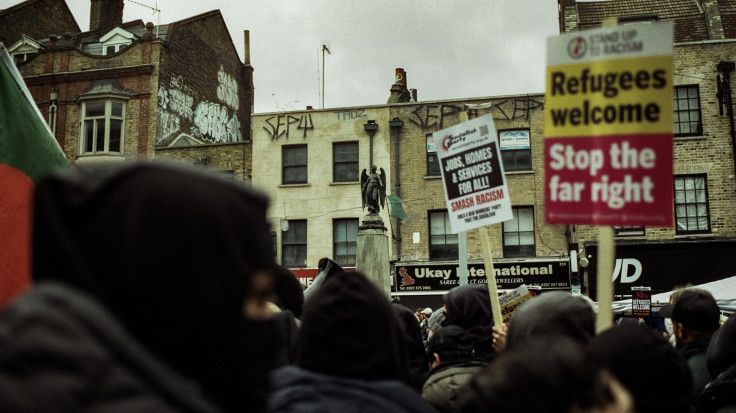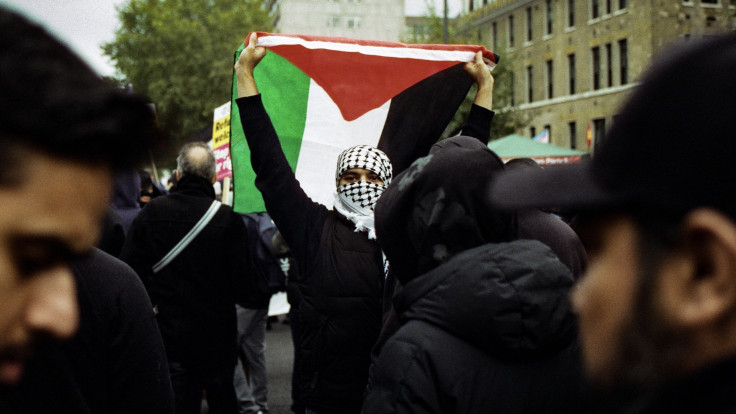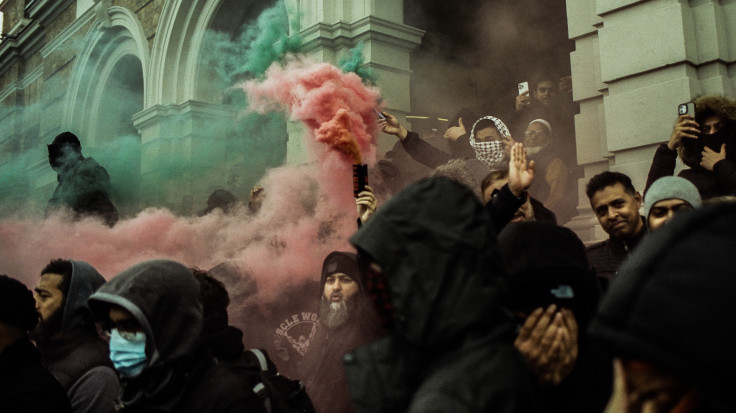
On Saturday, 25 October 2025, thousands gathered in Whitechapel, East London, for a powerful demonstration of community resilience after the far-right UK Independence Party (UKIP) was prevented from holding a planned march. The event by UKIP was billed as a 'mass deportations tour' aimed at reclaiming Whitechapel from what they described as 'Islamist' influence—a rhetoric that drew widespread condemnation.
Police Ban UKIP March to Prevent Disorder
The Metropolitan Police Service (Met) intervened under the Public Order Act 1986, citing the risk of 'serious disorder' if the march proceeded. The proposed event was banned in Tower Hamlets, one of the most ethnically and religiously diverse boroughs in the UK, where approximately 40% of residents identify as Muslim. UKIP's decision to relocate their assembly elsewhere in London did little to dampen the local community's resolve.
Instead of the march, community organisations and anti-racist groups mobilised in Whitechapel, where several thousand supporters gathered to oppose the far-right agenda. The historic significance of Whitechapel, with its roots in Britain's fight against fascism—particularly the 1936 Battle of Cable Street—lent symbolic weight to the day's events. Organisers framed the counter-protest as a continuation of that legacy of resistance against hatred and xenophobia.
Community Resistance and Historical Significance

Whitechapel's history as a battleground against fascist marches underscores the importance of community solidarity. The 1936 Battle of Cable Street saw local Jewish and immigrant communities unite to prevent a fascist procession, setting a precedent for resistance that still resonates today.
Police officials defended their decision to block UKIP's march as necessary for public safety. Commander Nick John of the Met stated, 'Our role is to ensure that they take place peacefully and to prevent any prospect of disorder.' For many residents and activists, the mobilisation was an emphatic message: the far right will not be welcomed unopposed in their community.
UKIP's Campaign of Anti-Immigration Rhetoric
UKIP's protest was part of a broader pattern of anti-immigration and far-right activity across the UK in 2025. Issues such as asylum-seeker accommodation and migration policies have been focal points for such demonstrations. In London, UKIP's rhetoric explicitly targeted Muslim communities, triggering sharp backlash from community groups and political leaders alike.
Counter-protests led by groups like Stand Up to Racism highlighted interfaith solidarity and the resilience of local communities. These demonstrations aimed to counteract divisive narratives, emphasising unity and mutual respect amid the rising tide of far-right rhetoric.
Critiques and Concerns Over Police Actions

While many residents supported the police ban, some raised concerns about the consistency of the application of public order powers. Critics questioned whether similar bans would be enforced against other groups, highlighting the delicate balance between security and civil liberties.
The events in Whitechapel reveal that far-right groups like UKIP often lack the strength they claim when challenged by organised community resistance. However, the ideological battle is ongoing, with both sides eager to contest these spaces. The key question moving forward is how authorities and communities can manage future street politics—whether they remain peaceful and address the social issues underpinning tensions, such as housing, inequality, and integration.
As the dust settles, the message from Whitechapel is clear: when communities mobilise, they can effectively disrupt the tactics of the far right. Yet, whether this leads to lasting change in discourse and policy remains uncertain. The day's events demonstrate that resilience and solidarity are vital tools in defending multicultural values.







